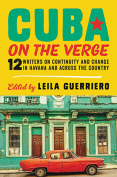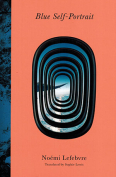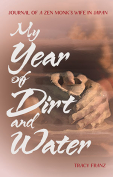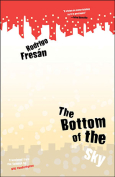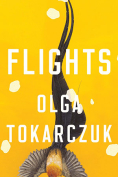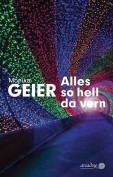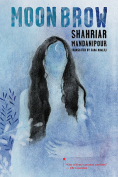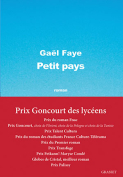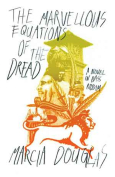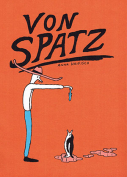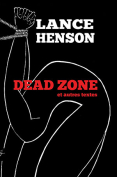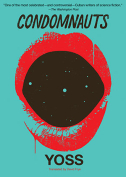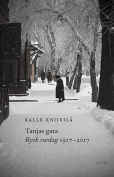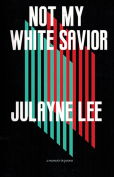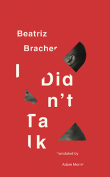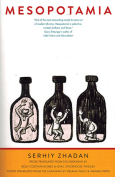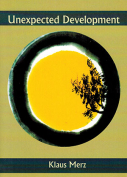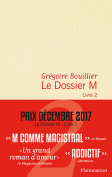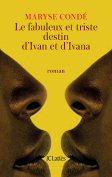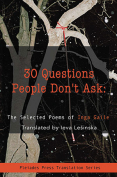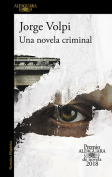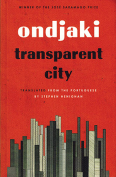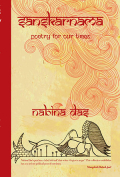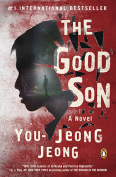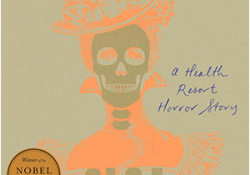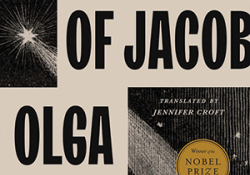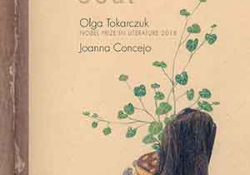Flights by Olga Tokarczuk
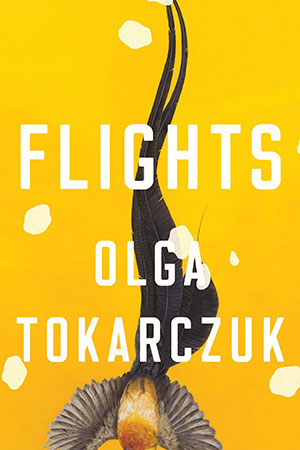 New York. Riverhead Books. 2018 (©2017). 416 pages.
New York. Riverhead Books. 2018 (©2017). 416 pages.
One of Europe’s most important and original voices finally, after many years, has a new book on the English-language market. Olga Tokarczuk (pronounced toh-kar-chook) is Poland’s greatest living novelist, an author of endless variety, as popular as she is controversial in her homeland. There, Tokarczuk’s books are regular best-sellers, have been adapted into films, and set the national discussion in a way many writers can only dream of. She has made her way into translation into numerous languages, but until now, English readers have only had access to two of her books: House of Day, House of Night (Northwestern, 2003) and Primeval and Other Times (Twisted Spoon, 2010), both in translation by Antonia Lloyd-Jones. This year’s publication in the United States of her extraordinary novel Flights, translated by Jennifer Croft, marks the beginning of what I hope will be Tokarczuk’s true, belated discovery by anglophone readers.
Flights was first published in Poland in 2007. Tokarczuk describes the book as a constellation novel, in reference to its complex, nonlinear structure. It is a fiendishly difficult book to describe. Flights combines essayistic reflections, fictional stories, and fictionalized histories, varying in length from thirty-odd pages to a paragraph or two, interwoven around two main themes: travel and the preservation of the human body. We hear the narrator’s reflections as she travels through an endless succession of airports, which she considers a new human habitat. We learn true stories: of the pioneering seventeenth-century Dutch anatomist Peter Verheyen writing letters to his own amputated and preserved leg, or of Ludwika Chopin smuggling her dead brother Fryderyk’s preserved heart back into his native Poland in a jar under her skirt. We also read fictional stories: of a Polish tourist whose wife and child disappear while on vacation in Croatia, or of an ordinary Russian woman named Annushka abandoning her family for a life in motion on the Moscow metro. From time to time Tokarczuk also inserts herself into these stories, and it is not always clear what is fiction and what is fact.
In lieu of a conventional plot, the mystery of what links these stories pulls the reader along. Reading Flights feels like unraveling the strands of a mystery, or—like Verheyen during a dissection—examining and reexamining a specimen in increasingly fine detail. Each story circles around the search for immortal life and the core of human existence. It is a search that leads Flights’ characters and its narrator into an endless, restless probing of humankind’s external and interior worlds, rejecting the Cartesian division between body and soul.
This is a book to be felt—reading it is highly experiential, full of almost mystical insight. Tokarczuk leads us from one voice to another, modulating tones and themes and at times building toward rich, poetic climaxes. For instance, when an eminent professor of Greek history suffers a stroke, Tokarczuk presents the extraordinary image of all the places he spent his life steadily drowning in a never-ending flood of red fluid, linking the blood filling his brain with Homer’s famous “wine-dark sea.”
All this makes Flights a daring adventure in the possibilities of nonlinear storytelling. Tokarczuk has said Poland’s own history of disappearing and reappearing on the map of Europe lends its literature a preference for the fragmentary and the uncertain. The structure of Flights also draws on Tokarczuk’s background in psychology, mirroring the human mind skipping from one train of thought to another, jumping to conclusions, drawing connections based on intuition rather than logic. Seemingly chaotic at first, Flights steadily reveals an extremely intricate structure, producing not a single narrative direction but a sort of glistening web of interconnections—Tokarczuk has said she was inspired by airlines’ networklike route maps.
This complex polyphony presents a challenge for the translator, who must grapple not only with the beauty of Tokarczuk’s style but also maintain a unity of voice amid all the variation. Croft’s prose is rich and alive, navigating the book’s stylistic twists and turns with confidence. Her own background as a novelist is evident—the fictional passages are some of the strongest points of the translation. I was struck that Croft often conserves Tokarczuk’s complex Polish syntax, challenging anglophone ears to find the rhythm in Tokarczuk’s phrasings. Her translation has justly won the Found in Translation Award, the Polish government’s prize for translations into English.
That Tokarczuk and Croft were named winners of the 2018 Man Booker International Prize is a testament to the success of their joint effort. It is refreshing to see a book like Flights received so warmly by anglophone critics. Ours is a literary tradition that values plot, structure, and linear character development. Flights is a small opening into a universe of other possibilities, a journey to a new and unfamiliar landscape. After reading this beautiful and extraordinarily wise book, readers may find themselves catching a literary version of Tokarczuk’s travel bug, seeking—in an image that recurs throughout the novel—the edge of the world, where the celestial spheres and all the stars of the firmament can be seen, stretching into the infinite.
 Sean Gasper Bye is a translator of Polish literature and winner of the 2016 Asymptote Close Approximations Prize. His translations include Watercolours, by Lidia Ostałowska (Zubaan Books), and History of a Disappearance, by Filip Springer (Restless Books). Since 2014, he has been literature and humanities curator at the Polish Cultural Institute New York and is a founding member of the translators’ collective Cedilla & Co.
Sean Gasper Bye is a translator of Polish literature and winner of the 2016 Asymptote Close Approximations Prize. His translations include Watercolours, by Lidia Ostałowska (Zubaan Books), and History of a Disappearance, by Filip Springer (Restless Books). Since 2014, he has been literature and humanities curator at the Polish Cultural Institute New York and is a founding member of the translators’ collective Cedilla & Co.
